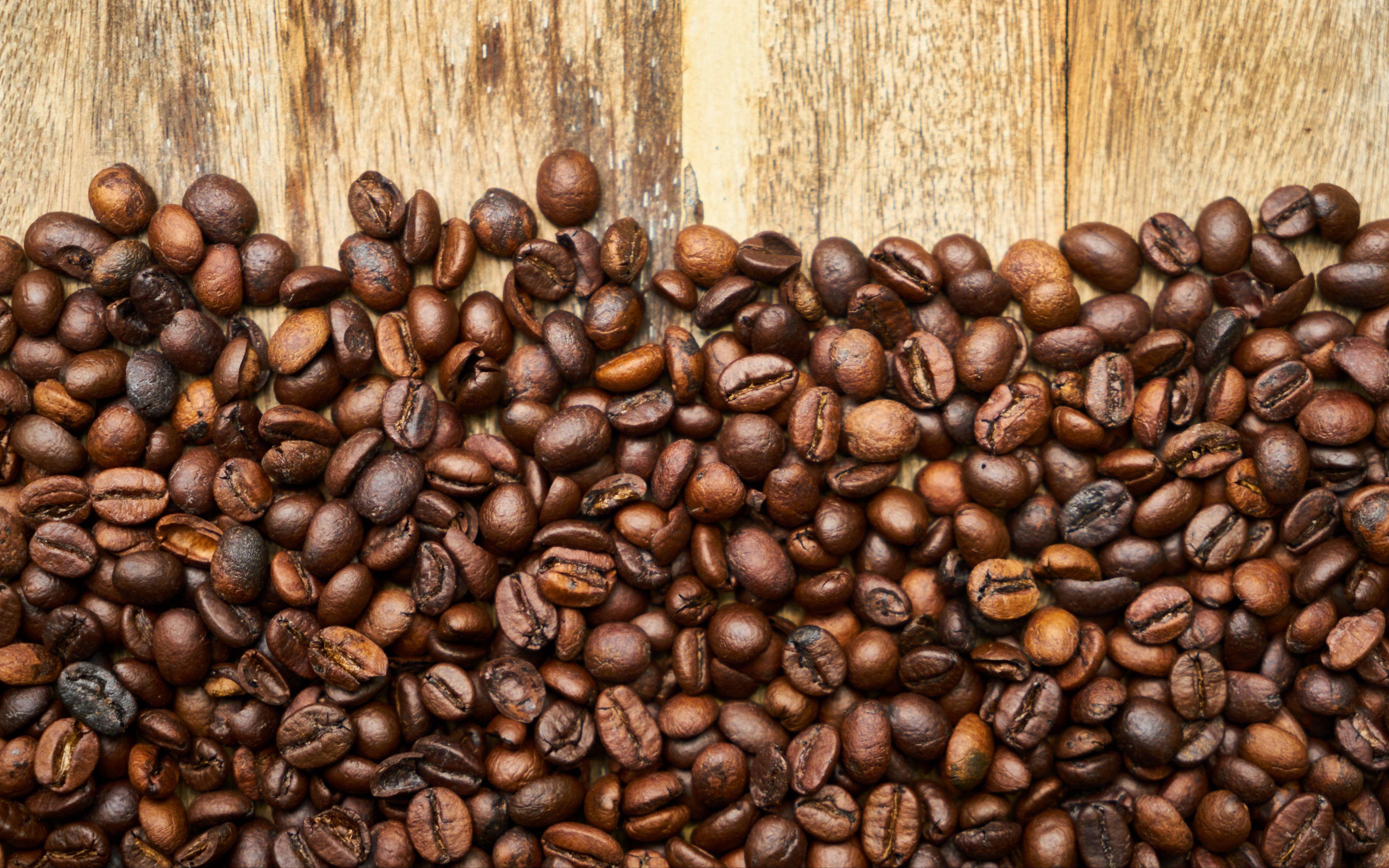Starting with Bean through Brewing: An Adventure Through Coffee Sources
Brew is more than just a early pick-me-up; it's a rich tapestry of tradition, legacy, and innovation. From the lush lands where coffee seeds are grown to the skilled baristas who craft the perfect brew, understanding the journey of coffee is essential for every enthusiast. This journey not only honors the taste and aroma of coffee but also illuminates the intricate processes involved in bringing your favorite beverage to life.
In this article, we will examine the intriguing world of coffee provenance. We’ll investigate everything from coffee cultivation and sourcing practices to the cutting-edge trends and developments in the coffee industry. Whether you're a connoisseur seeking the best coffee blogs or a casual sipper wanting to learn about coffee recipes and brewing methods, there's something here for everyone. Join us as we discover the layers of coffee heritage, from the seed to the mug, and find out what makes each taste so unique.
A Journey of Java Origins
The journey of java starts on the lush slopes of regions known for their exceptional growing environments. Coffee crops thrive in locations with rich earth, consistent weather, and sufficient precipitation. The horn of Africa is broadly considered the origin of java, as legend has it that a goat herder named a mythical figure discovered the energizing properties of the beans. Today, java plantations continue to thrive in nations across Africa, Central and South American countries, and Asia, each adding distinct flavor profiles shaped by their surrounding ecosystems.
As java moves from plantation to mug, the steps of harvesting and preparation play a critical part in shaping its ultimate character. Once the beans are picked, they go through methods such as washing or natural drying to improve flavor and standard. This phase of making coffee is not just about operations; it's an essential conversation between the environment and the farmer's skill, which is often shared in coffee farming news and specialty coffee blogs. Understanding these steps helps coffee enthusiasts value the intricate pathway their beloved drink has traveled.
Once processed, the beans are meticulously roasted, a crucial stage that reveals their full potential. Roasting transforms the green beans, allowing for the creation of intricate tastes and aromas that are essential to the enjoyment of coffee. Various methods can cater to particular tastes, making the world of coffee roasting a compelling subject often discussed in roasting tutorials and review sites. The art of roasting not only showcases the origin of the beans origins but also mirrors the diverse preferences of coffee enthusiasts around the world, connecting them through a shared love for this extraordinary drink.
Coffee Brewing Tips and Advice
The craft of coffee brewing is as varied as the beans themselves, with many methods to discover. From the traditional drip coffee makers to the intricate pour-over methods, each brewing method highlights unique flavors and qualities from the coffee. For those looking to indulge in the subtleties of their brew, playing around with different grind sizes and water temperatures can greatly impact the extraction process. Understanding how these variables interact can elevate any coffee experience, making it worthwhile to delve into various brewing techniques.

For fans eager to refine their skills, control of the French press is a fulfilling starting point. This method allows for full immersion, which results in strong and deep flavors. To achieve the best results, it is suggested to coarsely grind the coffee and let it steep for about 4 minutes before pressing down the plunger. Additionally, monitoring the coffee-to-water ratio can make a noticeable difference; a general guideline is to use one to two tablespoons of coffee per 6 ounces of water. Such tips not only improve the brewing process but also lead to a deeper appreciation of the coffee itself.
Staying updated with the latest coffee news can open avenues for exploring new brewing techniques and styles. Engaging with coffee blogs and forums promotes community discussions where coffee aficionados share their experiences and tips, from troubleshooting common brewing issues to discovering new tools. For those passionate about both quality and sustainability, embracing the importance of sourcing and using sustainably sourced coffee can elevate the brewing experience. Ultimately, exploring these techniques and insights can change routine coffee-making into an pleasurable ritual.
Sustainability in the Coffee Industry
Sustainability has become a key focus within the coffee industry as consumers more and more demand sustainably sourced products. The impact of coffee farming on the environment, from deforestation to water usage, has led to a rise in programs aimed at promoting eco-friendly practices. Coffee producers are now exploring methods such as shade-grown coffee, which enhances biodiversity, and organic farming techniques that reduce chemical usage. These changes not only preserve the environment but also enhance the quality of the coffee, coinciding with the trends seen in specialty coffee blogs and coffee reviews.
Additionally, many coffee brands are committed to fair trade practices that guarantee farmers receive a just compensation. This aspect of sustainability goes beyond environmental concerns and addresses community fairness within the coffee supply chain. By supporting farmers through close trade partnerships and community development projects, the coffee industry fosters a more sustainable future. Recent coffee news presents numerous brands incorporating these practices, illustrating a growing movement towards transparency and responsibility in coffee sourcing.
As consumers become more engaged with coffee culture, they are increasingly interested in the origins of their favorite brews. CoffeeHype has spurred a surge in coffee education, with blogs and articles focusing on the advantages of coffee, coffee recipes, and brewing techniques that embody sustainable practices. The awareness of sustainability in coffee is essential, as it not only influences purchasing decisions but also nurtures a broader understanding of coffee origins, ultimately leading to a more conscientious coffee community.